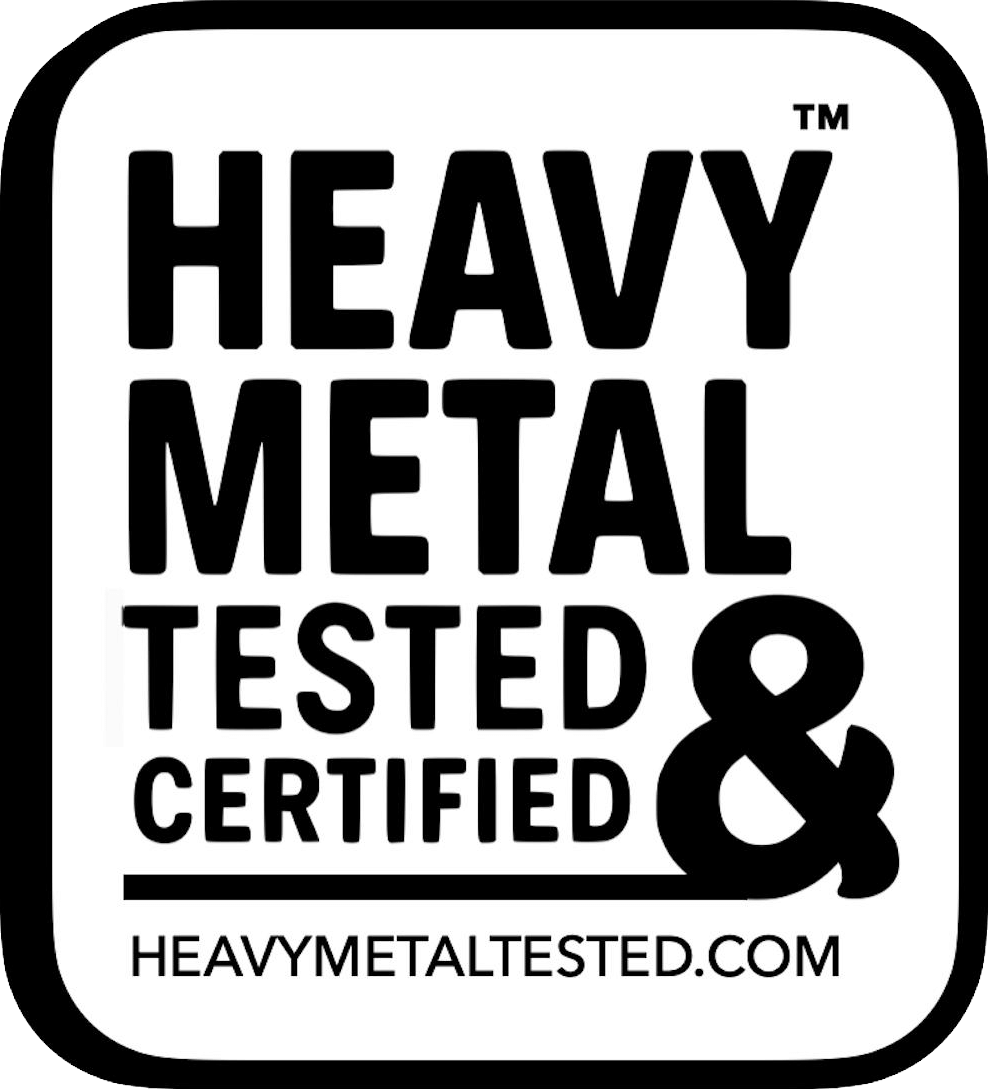What was studied?
The study is highly relevant for heavy metal certification programs because nickel, a toxic heavy metal and common environmental pollutant, is known to disrupt the gut microbiota, induce oxidative stress, and impair autophagy processes in the brain. The researchers aimed to determine whether a cocktail of native Lactobacillus spp. and Bifidobacterium spp. Strains could counteract these effects by modulating the expression of key autophagy-related genes in brain tissue. The methodology involved oral administration of nickel chloride to induce toxicity, followed by probiotic supplementation, and subsequent measurement of autophagy gene expression (atg5, atg7, atg13, beclin1) via quantitative real-time PCR. The findings are integral for the HTMC program as they provide mechanistic insight into how probiotics may serve as a biological intervention to mitigate the neurotoxic effects of nickel, supporting safe exposure limits and potential remediation strategies.
Who was studied?
The research utilized twenty male NMRI mice (average weight 25–30 g) to model the biological effects of nickel exposure and probiotic intervention. The use of male mice was intentional to eliminate the confounding effects of hormonal fluctuations present in females. The animals were divided into four experimental groups: control (distilled water), nickel-exposed, probiotic cocktail only, and nickel plus probiotic cocktail. The probiotics were native strains isolated from healthy human gut flora, specifically Lactobacillus brevis, Lactobacillus mocusae, Lactobacillus casei, and Bifidobacterium infantis. Nickel chloride was administered daily via oral gavage, followed one hour later in the combination group by the probiotic cocktail. The experimental duration was 60 days, after which brain tissue was harvested for gene expression analysis. This choice of model and protocol allows extrapolation of the gut–brain interactions and molecular responses to nickel with and without probiotic intervention, offering translational relevance for human health risk assessment and regulatory frameworks.
Most important findings
| Key Finding | Detail/Significance |
|---|---|
| Nickel exposure reduced autophagy gene expression | Significant decreases in atg5, atg7, atg13, and beclin1 gene expression were observed in the brains of nickel-exposed mice. |
| Probiotics increased autophagy gene expression | Probiotic-only and nickel-plus-probiotic groups showed significant upregulation in atg5 and atg7, counteracting nickel effects. |
| Partial restoration of autophagy with probiotics + nickel | In the nickel-plus-probiotic group, atg5 and atg7 expression levels increased compared to nickel-only, indicating mitigation. |
| Nickel-induced oxidative stress is reduced by probiotics | Unexpectedly, atg13 expression decreased with both probiotic and nickel-plus-probiotic treatment; cause not fully understood. |
| beclin1 upregulated by probiotics | beclin1 expression increased in probiotic-treated groups, supporting enhanced autophagy signaling. |
| Beclin1 upregulated by probiotics | Although not directly measured here, referenced phenotypic data indicated lower oxidative stress markers and improved behavior. |
| Gut–brain axis involvement confirmed | Oral (gut) administration of probiotics led to molecular changes in brain tissue, supporting gut–brain communication. |
| Safety and effectiveness of native probiotics highlighted | Native strains isolated from healthy humans were effective and may offer a safe, practical mitigation for heavy metal toxicity. |
Key implications
This study demonstrates that native probiotics can mitigate the detrimental effects of nickel on autophagy pathways in the brain, supporting their inclusion as a biological intervention in heavy metal certification strategies. The results validate the gut–brain axis as a therapeutic target and highlight the potential for probiotic supplementation to enhance resilience against heavy metal neurotoxicity, informing regulatory decisions and product safety assessment in the HTMC program.
Citation
Hafezi A, Beglari S, Aghamohammad S, Rohani M. Impact of native probiotics on autophagy and oxidative stress in nickel-exposed mice: insights into the gut–brain axis. Brain Behav. 2025;15:e70399. doi:10.1002/brb3.70399
Heavy metals are high-density elements that accumulate in the body and environment, disrupting biological processes. Lead, cadmium, arsenic, mercury, nickel, tin, aluminum, and chromium are of greatest concern due to persistence, bioaccumulation, and health risks, making them central to the HMTC program’s safety standards.

